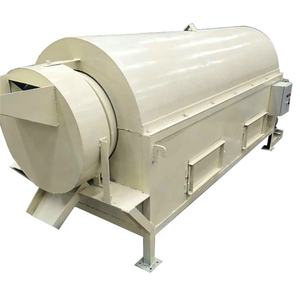Operating heavy machinery in New Jersey requires adherence to specific certification standards mandated by federal and state regulations to ensure workplace safety and operational competence. The primary regulatory framework is established by the Occupational Safety and Health Administration (OSHA), particularly under CFR 1926 Subpart CC, which governs crane and derrick operations. Other heavy equipment, such as excavators, bulldozers, loaders, and forklifts, also fall under OSHA’s general training requirements (29 CFR 1910.178 for powered industrial trucks). Certification is not universally identical across all machinery; it varies by equipment type and application. For cranes and hoisting equipment, New Jersey enforces OSHA’s crane operator certification mandate. Operators must obtain certification through an accredited agency like the National Commission for the Certification of Crane Operators (NCCCO) or similar OSHA-recognized entities. This involves rigorous training programs covering equipment-specific operation, load dynamics, safety protocols, and site hazard recognition. Training typically combines classroom instruction with hands-on practice, spanning 40 to 100 hours depending on equipment complexity and prior experience. Candidates must then pass written and practical exams to demonstrate proficiency. For non-crane equipment (e.g., forklifts), employers must provide formal training per OSHA standards, including classroom learning, practical exercises, and evaluation. While employer-led certification suffices for such equipment, third-party verification is often utilized. The certification process demands documented proof of training completion and successful assessment. Costs vary: crane certification programs range from $1,000 to $3,000, while forklift training may cost $200-$500. Renewal cycles apply—crane certifications expire every five years and require re-testing or continuing education. Employers bear legal responsibility for ensuring operators are certified; non-compliance risks OSHA penalties exceeding $15,000 per violation. Uncertified operation endangers personnel and infrastructure, potentially voiding insurance coverage. In summary, New Jersey mandates OSHA-aligned certification for heavy machinery operators, with crane operators requiring nationally accredited credentials and other equipment necessitating employer-verified training. Prospective operators should enroll in state-approved training centers, prioritizing programs with hands-on components and exam preparation. Strict adherence mitigates accidents and legal liabilities, underscoring certification as non-negotiable for safe, lawful heavy machinery operation in New Jersey.
(How Much Do You Need To To Get Certified To Operate Heavy Machinery In Nj)

